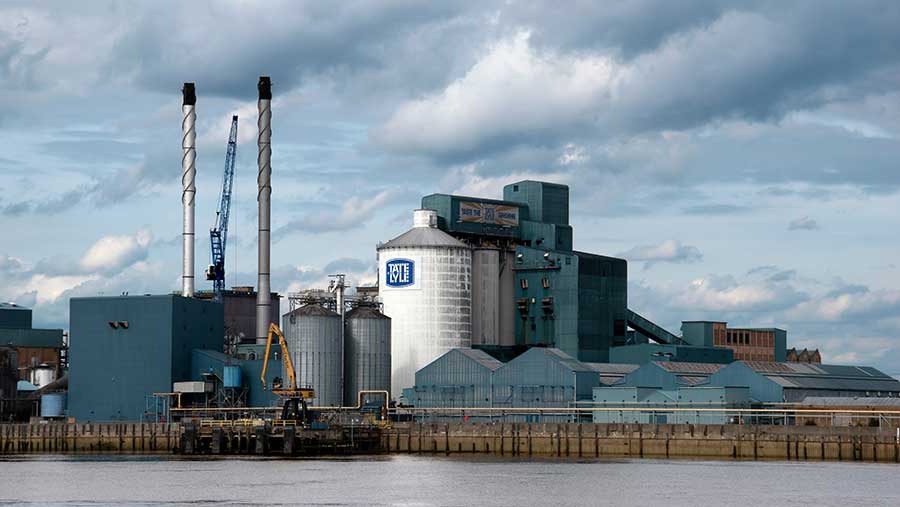Australian minister pushes sugar imports at Tate & Lyle factory
 © Lisa Anastassiu/Adobe Stock
© Lisa Anastassiu/Adobe Stock Australia’s agricultural minister has been touring the UK and Europe to promote export trade following the UK-Australia free-trade deal.
The trade deal has been criticised by the UK farming industry and in November 2022, former Defra secretary George Eustice told the House of Commons it was “not actually a very good deal for the UK”.
Senator Murray Watt visited the Tate & Lyle sugar refinery in London on 17 January as part of the trip.
See also: Australia-UK free trade deal approval reignites farmer concerns
Mr Watt said Australia wanted to get more sugar into the UK as quickly as possible and companies such as Tate & Lyle were keen to see that product coming in as well.
40 yrs ago @tateandlyleplc stopped buying Aus sugar but our strong sustainability record means they want to do it again. The Aus-UK Free Trade Agreement will make it happen & @NationalFarmers Pres Fiona Simson & I are in London to push it along. More exports, more jobs for Aus. pic.twitter.com/CdFQunFlOv
— Senator Murray Watt (@MurrayWatt) January 17, 2023
Gerald Mason, senior vice-president of Tate & Lyle, suggested the first cargo should arrive from Australia before the summer.
Mr Mason said Australian sugar will be some of the most expensive, but it meets the highest ethical and environmental standards in the world, noting that is what consumers in the UK are looking for.
Andrew Ward, Lincolnshire farmer and sugar beet grower said Australia and New Zealand are running their hands with glee.
“They can’t believe they didn’t have to make any concessions to get the crown jewels from us. The government and the Department for International Trade have sold the UK sugar producing industry down the Murray River,” said Mr Ward.
“They said after Brexit they won’t allow imports grown to lower standards than our own produce. That is not the case because Australian farmers can use about 25 chemicals banned here, such as paraquat, which has been banned here since 2003.”
Wider visit
Mr Watt has been promoting the sustainability records of Australia’s agricultural industry and the work being done by Australian farmers to reduce emissions by the sector and improve sustainability.
A climate change bill was passed in Australia in 2022, which put into law a target of emissions reaching net zero by 2050, with a 43% reduction by 2030.
In an interview with ABC radio on 20 January, Mr Watt said he expected Asian countries to remain Australia’s major export market for agricultural produce, but suggested that the UK and EU still represent high-value markets, with consumers willing to pay good prices for premium products.
“We don’t think there’s really a risk of our products flooding the market in the UK, but even the extra quotas that have been negotiated under the [free-trade] agreement represent a really substantial gain for agricultural producers in Australia,” he said.
“We want to be able to get as much product in under that agreement as we possibly can, as quickly as we can.”
Political kickback
Responding to the threat of increased imports, Baroness Christine Humphreys, leader of the Welsh Liberal Democrats in the Lords, said: “Both New Zealand and Australia will have almost unfettered access to the UK market, and this places UK and Welsh farmers at significant risk, with, apparently, almost nothing gained in return.”
